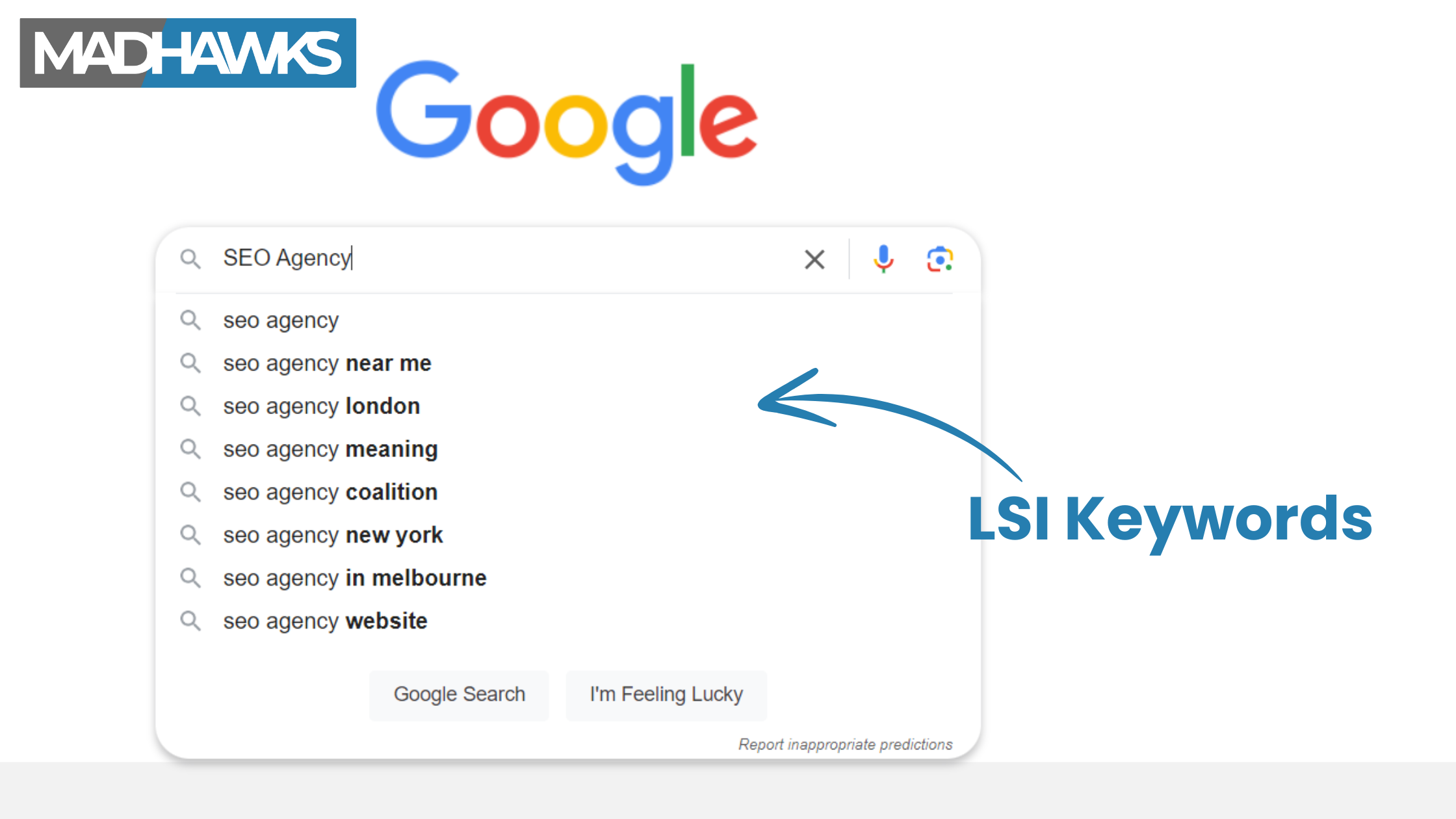Latent Semantic Indexing (LSI) Keywords
Posted By Gaurav | 20-Mar-2024 | Search Engine Optimization
LSI Keywords or Latent Semantic Keywords simply refer to the words or phrases that are related to a target keyword. For example, if your target keyword is digital marketing, LSI keywords may be ‘content marketing,’ ‘social media marketing,’ ‘SEO,’ etc. Although incorporating these LSI keywords into your content is not necessary to rank on Google, you can still consider using them as it helps search engines understand the relevance of your content.
Google itself said that it does not use LSI to decide search engine rankings. Let us first help you understand what LSI or Latent Semantic Indexing is. LSI is a method used to consider the semantic relationship between words rather than focusing only on keyword matches. By doing this, content marketers can aim to make their website pages more relevant and helpful to the users.
Although Google doesn’t use LSI as it is an older technique, it does have its own algorithms for ranking the most relevant results. Google does care about semantics, but that doesn’t mean adding LSI keywords will definitely make your content rank higher. Along with looking for the relevant keywords, Google’s algorithms consider lots of other things when ranking a page.
Instead of latent semantic indexing, Google uses other factors, such as NLP, knowledge graph, etc, to understand the user’s search intent and the relevance of a content page. Therefore, you can consider adding LSI keywords to your content, but that alone will not work until your content is genuinely helpful.
Also Read - Meta Keywords

